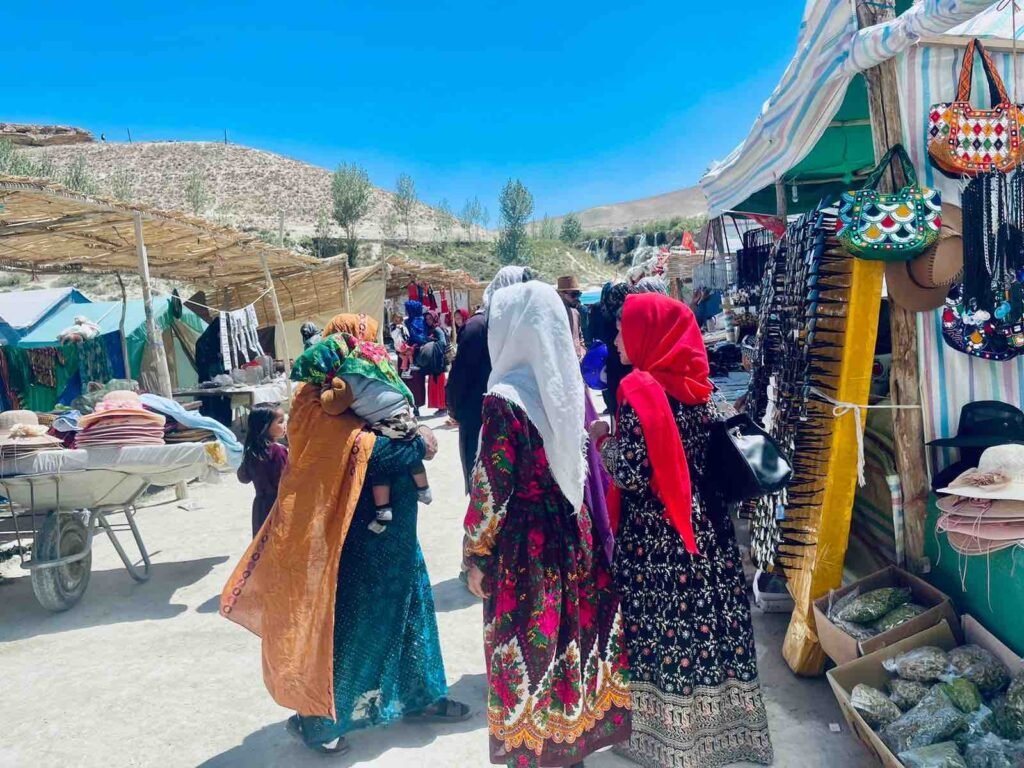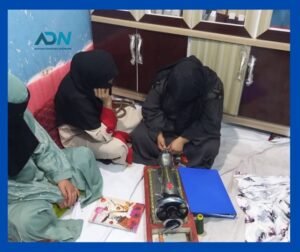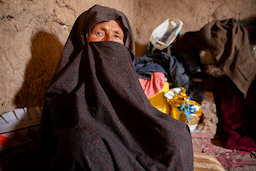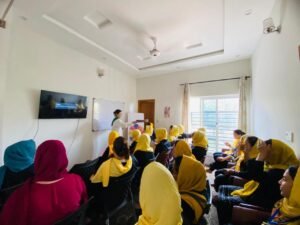Four Years After Taliban Takeover, Afghan Women Still Pay the Heaviest Price

Women in Bamiyan, Central Afghanistan. Photo by @AADIL for ADN
On August 15, 2025, Afghanistan marks four years since the Taliban’s return to power — an event that former Afghan MP and ambassador Shukria Barekzai describes not as a collapse, but a “handover” of the country.
Speaking at a virtual conference organized by Displaced International on August 11, Barekzai offered a stark assessment of the human cost, especially for women.
“This crisis is not a geographic accident,” she said. “It is the predictable outcome of the collapse of constitutional order and the systematic repression of half of the population.”
Barekzai underscored that Afghan women face what she calls gender apartheid — a system reinforced by over 200 Taliban edicts restricting women’s movement, education, work, and public participation.
These policies, she argued, stem from hardline religious training received in Pakistan’s Haqqani madrassas, now imposed across Afghanistan.
Since August 2021, an estimated eight million Afghans have fled the country — the majority of them women and girls escaping bans on education and work. Families with daughters in secondary school or university, she noted, “must flee the country for their future.”
Those who remain face arbitrary arrests, beatings, and even sexual violence for peacefully protesting. Barekzai recalled how women seeking “simple rights for education, work, and to be someone in public space” were met with brutal crackdowns.
Beyond Afghanistan’s borders, deportations and forced returns expose women to immediate danger.
“People at the border have been prosecuted, killed, or disappeared — especially women in the security sector and rights activists,” she warned, noting that the Taliban have access to biometric data that can be used to target former colleagues.
A Call for Accountability and International Action
Barekzai urged the global community to enforce non-refoulement — the principle that refugees should not be returned to places where they face danger — and to expand humanitarian pathways.
Legal status, work rights, education, and family unity for Afghan refugees, she stressed, must be prioritized.
She also pressed for an independent monitoring body to oversee the distribution of foreign aid, gender-sensitive budgeting, and international mechanisms to hold the Taliban accountable.
“A state that erases women from public life cannot claim legitimacy,” she declared.
The former ambassador argued that any diplomatic engagement or sanctions relief should be tied to concrete benchmarks: reopening secondary and higher education for girls, allowing women to work, ensuring freedom of movement, protecting independent media, and upholding civil rights.
The Taliban’s exclusion of women, she pointed out, has gutted Afghanistan’s economy. Women previously contributed around 23% of GDP. Now, half the population is barred from employment while the other half struggles in deepening poverty — with 70% of the population living below the poverty line.
Maternal mortality rates have risen, and malnutrition is widespread among children under five.
No Future Without Equal Rights
For Barekzai, the path forward must be rooted in inclusion. “Any political process which is not guaranteeing equal rights for every citizen in Afghanistan… cannot be legitimate,” she said.
She urged unity among Afghans in exile, especially tens of thousands of women activists abroad facing threats of deportation, and called on the international community to act before it is too late.
“Every single citizen should feel their rights and ideas are counted,” Barekzai concluded.
“This is maybe the only pressure point we could hold the Taliban accountable.”
Four years on, her message is clear: without women’s rights at the core of any settlement, Afghanistan’s crisis will not end — it will deepen.
Note: ADN has not independently verified the figures Barekzai cited.










